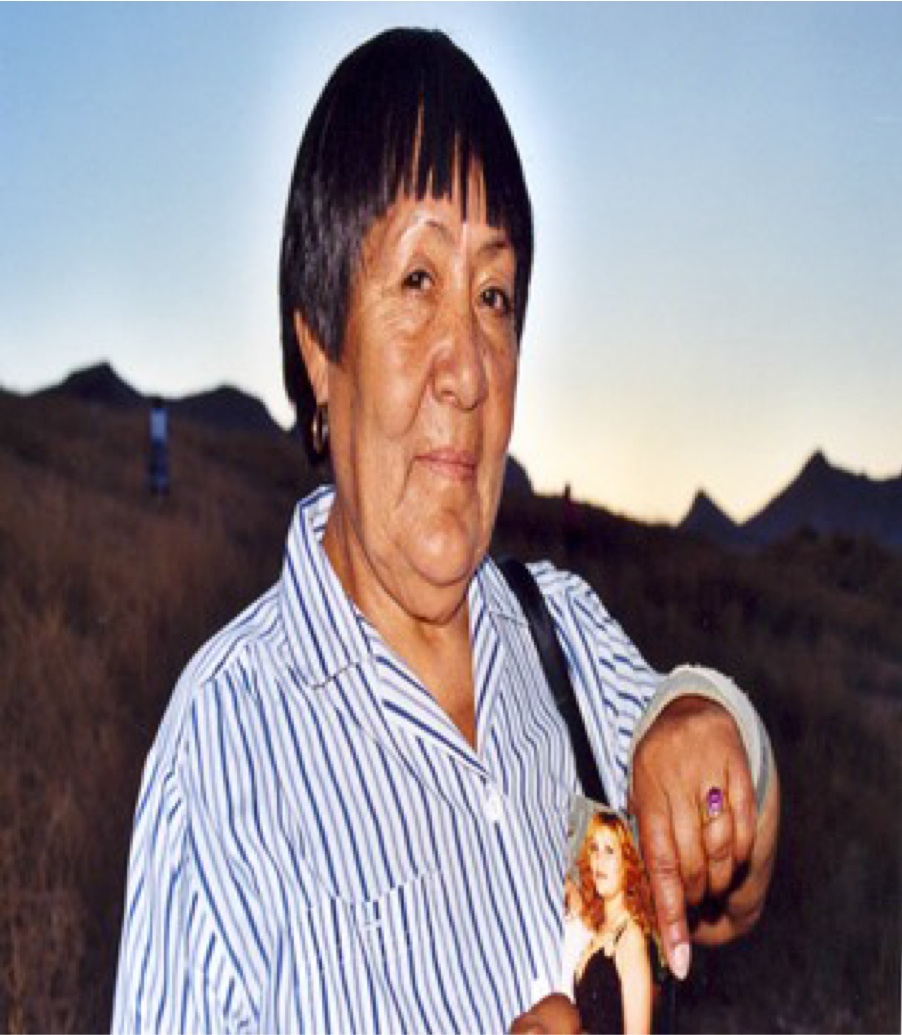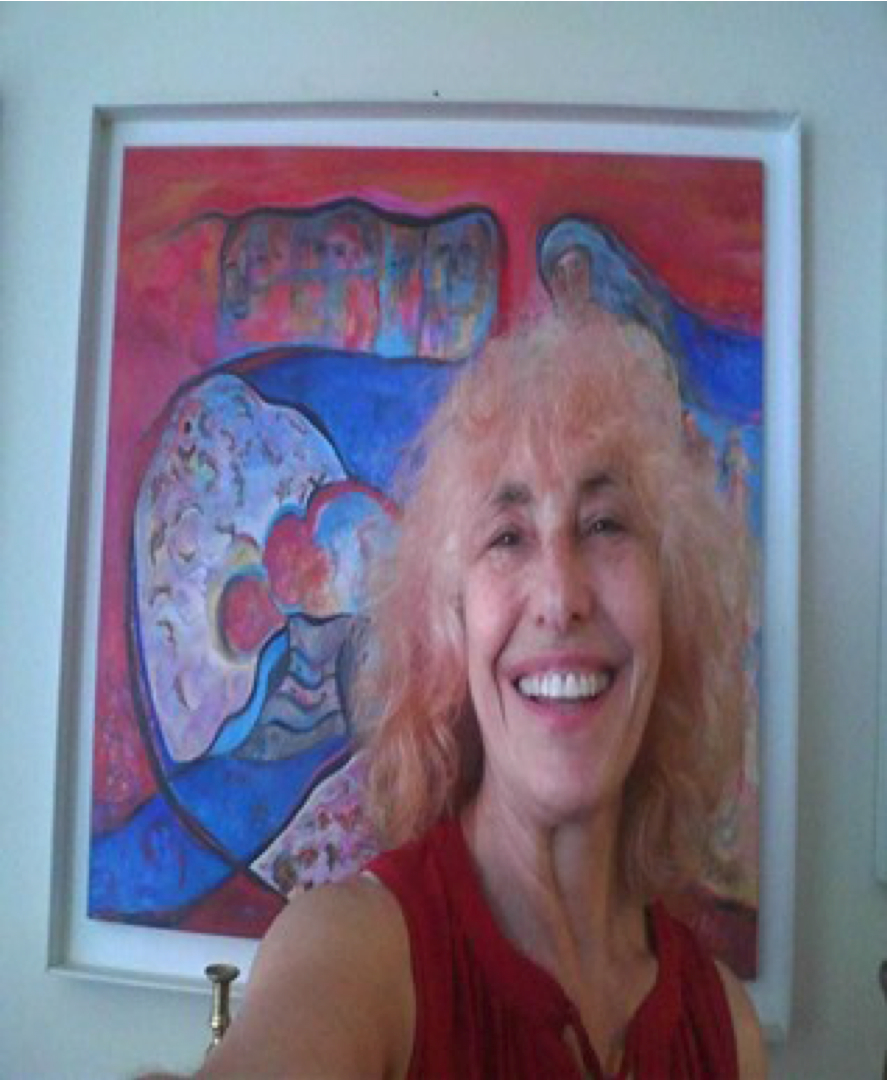NMSU to recognize Transnational Solidarity Day with talks by activist, former political prisoner


New Mexico State University is hosting two powerful speakers on May 3 to raise awareness about the city’s third annual Transnational Solidarity Day.
“Students in my Women Crossing Borders class initiated the first event,” said Cynthia Bejarano, Regents Professor in gender and sexuality studies. “I wanted to push students to think beyond the traditional final research paper or group work. Tamika Jackson, one of our majors was then interning with the Las Cruces City Council and was working with then City councilman, Nate Small. As a result of her efforts and other students like Diana Lopez, students presented a proclamation recognizing Las Cruces Transnational Solidarity Day.
“Since then, each year the students in the Women Crossing Borders class dedicate their final group project to furthering awareness of the need for transnational solidarity work across global border lines for social justice change and work to coordinate these events.”
Sponsored by the Department of Gender and Sexuality Studies in the College of Arts and Sciences, internationally recognized guest speakers come each year to raise awareness about the importance of social justice issues at the U.S.-Mexico borderlands.
“Through this public event, members of the Las Cruces communities are able to connect with global causes, with NMSU students, and with speakers that do meaningful work at the borderlands and beyond,” Bejarano said. “We begin the evening’s events by showcasing the final projects of students, we break bread together with a reception while people peruse student projects, and then we continue with our invited speakers.”
This year’s celebration begins at 5 p.m. with a student showcase and food reception at Breland Hall common area, followed by two talks from 5:30–7:30 p.m. in Breland Hall, Rooms 173A & B. Featured speakers will be Juarez activist mother, poet and songwriter Eva Arce, whose daughter disappeared in 1998, and Alicia Partnoy, a former political prisoner, human rights activist and scholar. Both talks will be followed by a question and answer session with the audience.
Arce, the mother of seven children, is a poet, writer, singer and songwriter, who is involved in various social justice organizations in Mexico. Arce has given presentations in Europe and Canada as well as across the United States and Mexico.
Partnoy, a professor at Loyola Marymount University in Los Angeles, is the author, translator or editor of eleven books. A survivor of Argentina's secret detention camps where about 30,000 people “disappeared” in the 1970s, she is better known for her book “The Little School: Tales of Disappearance and Survival,” which was evidence in the trial against genocide perpetrators that terrorized Argentina.
“To Transnational Solidarity I owe my survival as a ‘disappeared person,’ one kidnapped and taken to a secret detention camp by the military dictatorship in Argentina when I was a college student and a young mother back in the 70’s,” said Partnoy. “Students and communities around the world lobbied the dictatorship once they learned that thousands were first kidnapped by the authorities and later killed, their bodies never returned to their families.
“I came to the US as a refugee during the Carter administration because others showed solidarity with me. This refugee status allowed me to leave the prison for political prisoners where I had spent 2 and a half years with no charges after being disappeared for 5 months, it allowed me to be reunited with my family.”
Partnoy will discuss the poetry of Evangelina Arce published in Arce’s recent book “Para Mi Hija Silvia/For My Daughter Silvia,” which was edited by Alicia Partnoy and Partnoy’s students,and how it inspired Partnoy and her students to denounce femicide. She will read translations of the poetry and talk about the process of building solidarity around this mother whose daughter has disappeared.
“Doña Eva, as she is known in the human rights circles, has been a tremendous source of inspiration for my students and myself,” Partnoy said. “I also hope that in these difficult times in the U.S., the participants keep learning and caring for those who resist violence elsewhere and pay dearly for their determination.”


